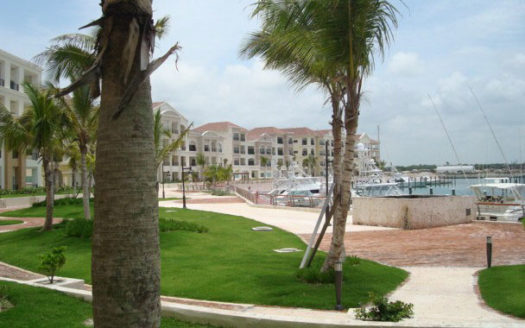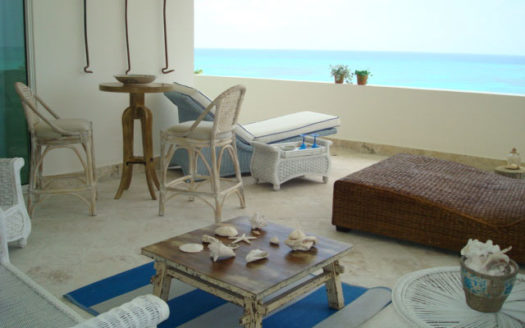Saltwater or Chlorine Pools in Dominican Republic
Cost, maintenance and health concerns are the main reasons for a debate between these two systems. However, there is no clear-cut winner. Based on your needs and wants, only you can make the decision that you feel is appropriate for your situation. Before we get to the advantages let’s take a quick look at how a saltwater vs. chlorinated pool works.
Saltwater Pools
Saltwater pools use dissolved salt instead of chlorine tablets to cleanse and sanitize the pool water. The salt chlorinator unit uses electrolysis to break down the salt and adds the salt to the water. The pool owner has to maintain the pH levels of the water on a regular basis. A consistent salt-to-water ratio level must be maintained. The amount of salt you add weekly or monthly to your pool water will depend on the amount of rain, the amount of backwashing you do to the pool, as well as the amount of water lost due to splashing or draining of the water.
Once you have added salt to your pool, you will only be adding additional salt over time to maintain the levels.
Chlorine Pools
Owners test the pool water regularly with a kit and add chlorine tablets based on the pH levels needed to balance out the water. Chlorine pools require a bit more maintenance, and may end up costing more overall because of the amount of chlorine you may need to add to balance the pH levels in the water. The more rain water, backwashing or water loss that occurs to the pool water, the more variation in the pH levels there will be. The chlorine in the water will help keep the water clearer and cleaner and prevent a buildup of naturally occurring bacteria.

Advantages of Saltwater Pools
-
Comfort
Salt is softer on your skin than chlorine. Also, chlorine has the tendency to cause red eyes, itchy skin, and discolored hair. If you plan to use your saltwater swimming pool on a regular basis, you won’t have to suffer any of those symptoms of chlorine.
-
Maintenance
Lower maintenance is also one of the advantages of saltwater swimming pools. They virtually clean themselves and require much less attention than pools that just use chlorine. The chlorine generator converts salt into chlorine, so you don’t have to keep a constant check on the water sanitation. Algae does not grow as rapidly in saltwater pools because of the low stabilizer levels. Stabilizer is a chemical added to offset the harshness of chlorine. Because saltwater pools don’t have the chemical chlorine, a stabilizer isn’t required.
-
Cost
Over time, you will save money with a saltwater pool. While the best pool options are initially a lot more expensive to put in, they are a more cost-effective system in the end. Converting your traditional pool to a saltwater pool is not terribly expensive. Even with the extra expenses, you will make up for that loss after about two years. For many, this is one of the advantages. Chlorine is very expensive, and as compared, the amount of salt you’ll use during a year is very inexpensive.
-
Health Benefits
Salt is a lot softer on skin, hair and eyes then chlorine. Chlorine as a chemical form consists of added chemicals to help stabilize the product, these additives cause irritation.
Advantages of Chlorine Pools
- Chlorinated pools may be better at clearing up bacteria in the water than saltwater-based systems. A chlorine system will clear the water up much quicker than a saltwater based system if there is bacteria present or if the pH levels are off. Clearing the water up in a chlorine system can take 24 to 48 hours, but a saltwater system may take three to five days depending on the levels.
- Chlorine pools are easy to operate in the sense that the owner can simply add tablets to the system through either a floating disbursement device in the water or through a pump-like system.
- The chlorine added kills mildew, mold buildup and bacteria living in the water, making it safe to swim.








